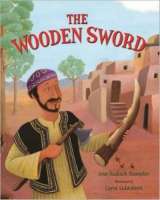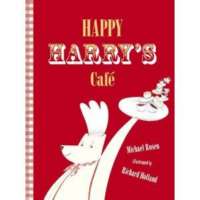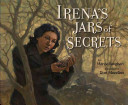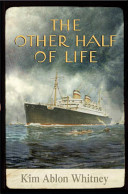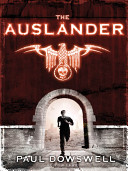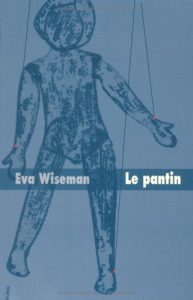 Julie a une amie, Esther. Elles vivent dans un village de Hongrie,Tizla-Eszlar, elles sont pauvres, et la vie est dure. Le père de Julie la terrorise et la bat. Mais il y a aussi de la douceur, les paroles tendres et sages et aimantes de sa mère, du soleil, des spectacles forains. Et les yeux bruns de Moric Scharf, un jeune garçon juif timide que Julie aime bien. Un jour de printemps Esther disparaît. Et la rumeur gronde, une rumeur venue du fond des âges, qui veut que les juifs soient responsables de tous les maux, le pogrom menace, les cris montent. On jette en prison les hommes juifs. Les villageois se rassemblent, et un simulacre de procès se prépare. Tout a l’air décidé d’avance. Rien ne se passera comme prévu. Eva Wiseman s’est souvenue de ce fait divers réel que sa mère évoquait quand elle était petite, elle a rassemblé des tonnes de documentation, elle a écrit un roman inoubliable, qui serre le coeur et tient en haleine, parce qu’il démonte les mécanismes de la peur, de la lâcheté, de la violence collective. On ne peut plus oublier Julie Vamosi, toute petite devant les juges, devant la haine raciste, mais fidèle à son amie, et forte de son amour pour les êtres.
Julie a une amie, Esther. Elles vivent dans un village de Hongrie,Tizla-Eszlar, elles sont pauvres, et la vie est dure. Le père de Julie la terrorise et la bat. Mais il y a aussi de la douceur, les paroles tendres et sages et aimantes de sa mère, du soleil, des spectacles forains. Et les yeux bruns de Moric Scharf, un jeune garçon juif timide que Julie aime bien. Un jour de printemps Esther disparaît. Et la rumeur gronde, une rumeur venue du fond des âges, qui veut que les juifs soient responsables de tous les maux, le pogrom menace, les cris montent. On jette en prison les hommes juifs. Les villageois se rassemblent, et un simulacre de procès se prépare. Tout a l’air décidé d’avance. Rien ne se passera comme prévu. Eva Wiseman s’est souvenue de ce fait divers réel que sa mère évoquait quand elle était petite, elle a rassemblé des tonnes de documentation, elle a écrit un roman inoubliable, qui serre le coeur et tient en haleine, parce qu’il démonte les mécanismes de la peur, de la lâcheté, de la violence collective. On ne peut plus oublier Julie Vamosi, toute petite devant les juges, devant la haine raciste, mais fidèle à son amie, et forte de son amour pour les êtres.
